Listen to world-leading experts in imaging

The EPFL Seminar Series in Imaging
Imaging plays a central and ever-increasing role in science and engineering. From the nano to the macro scale, it allows us to capture, quantify, and visualize physical phenomena with unprecedented resolution in both space and time.
It is also the interdisciplinary discipline par excellence. From sample preparation to optical design and image processing, imaging workflows nowadays require the convergence of numerous skills and expertise.
Mindful of this “imaging sweet-spot”, the EPFL Center for Imaging aims at bringing together the best from worldwide experts in imaging through a series of high-visibility talks with interdisciplinary appeal.

All upcoming seminars
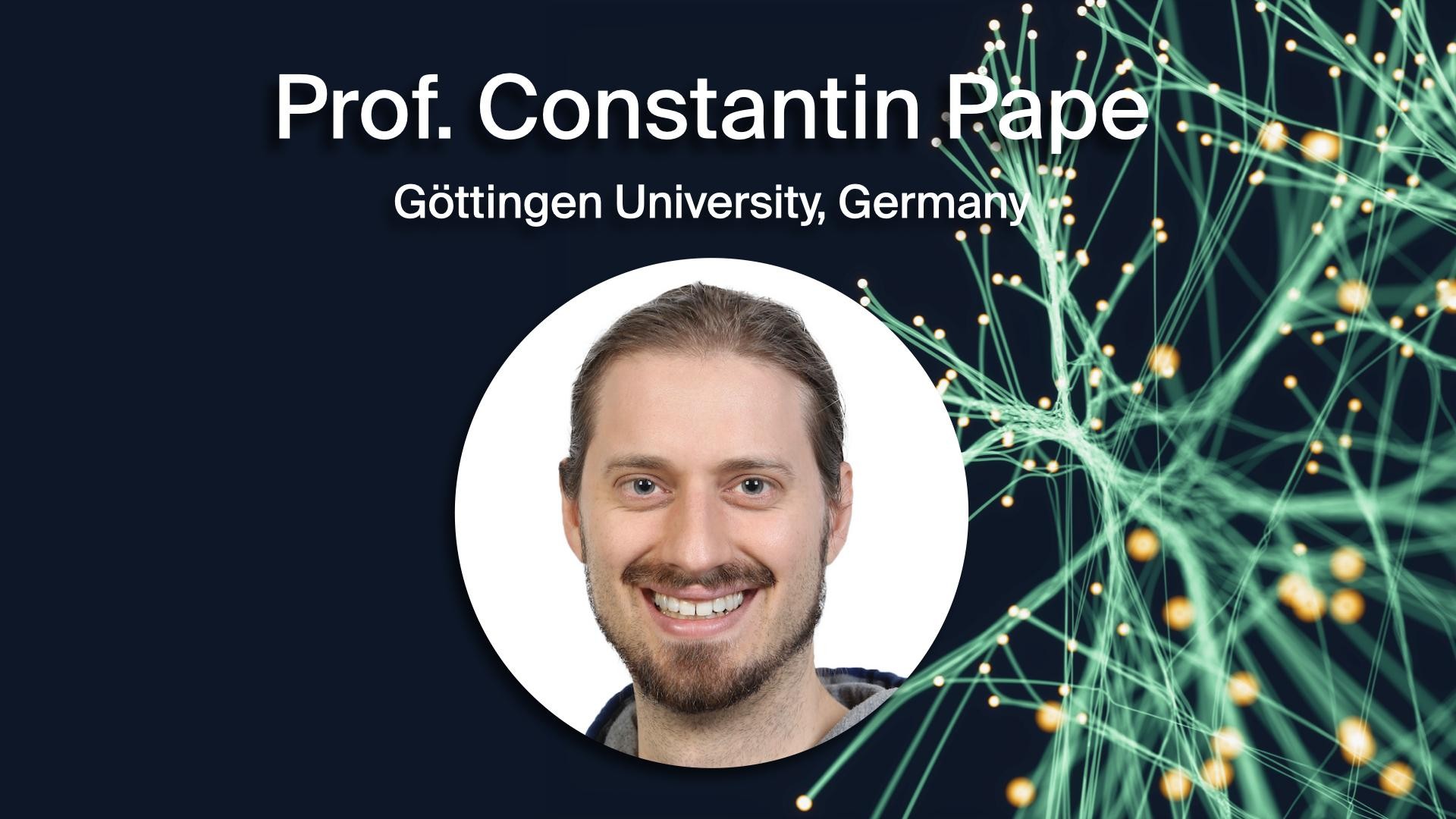
Imaging Seminar: Vision Foundation Models for Microscopy
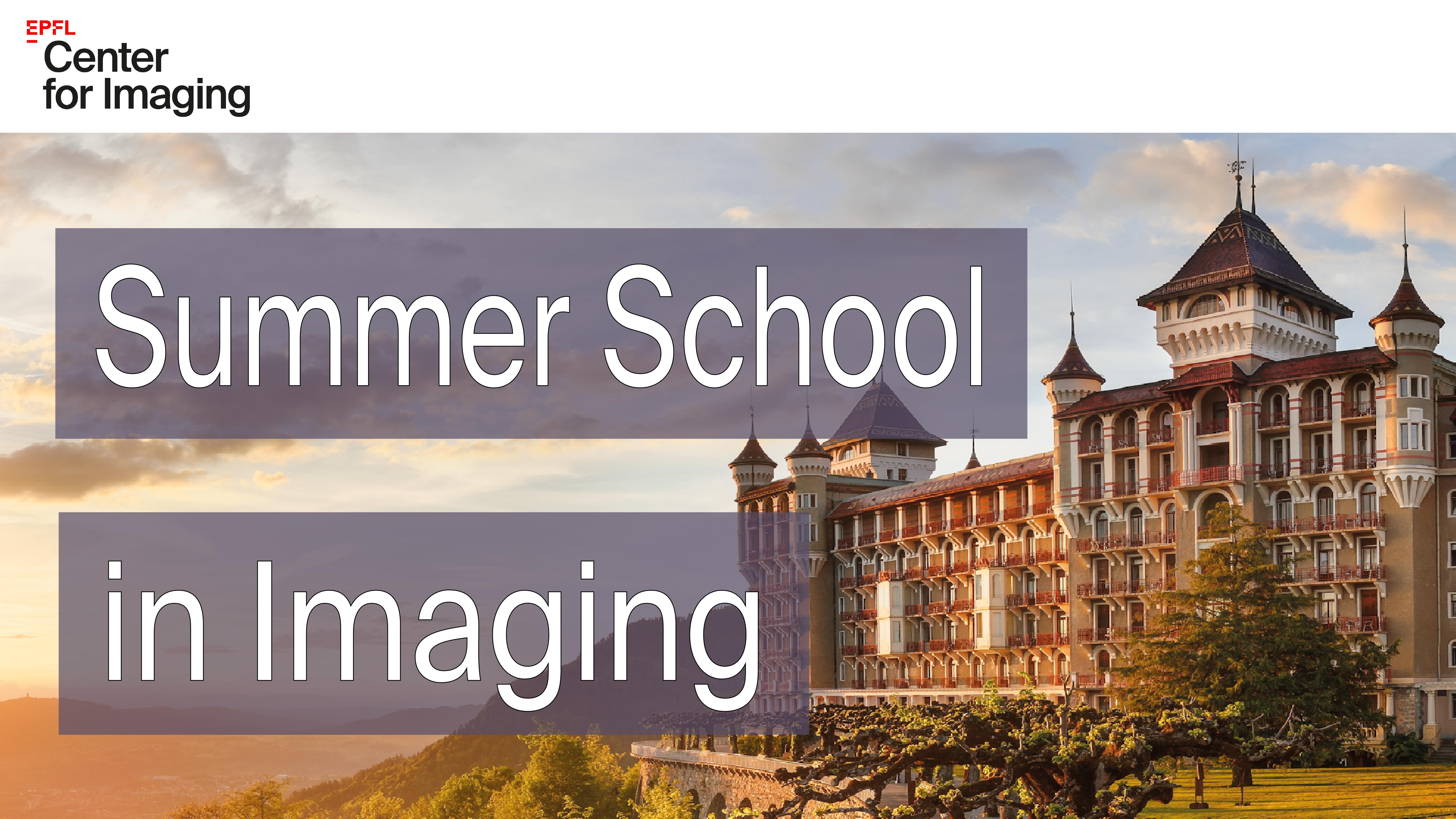
Summer School in Image Analysis
The Scientific Images Exhibition 2024
Explore our previous events
Review our former seminars and watch recordings if available.
.jpeg)
Imaging Industry Talk by Dotphoton - Raw image data: What it really is and how to handle it at scale?
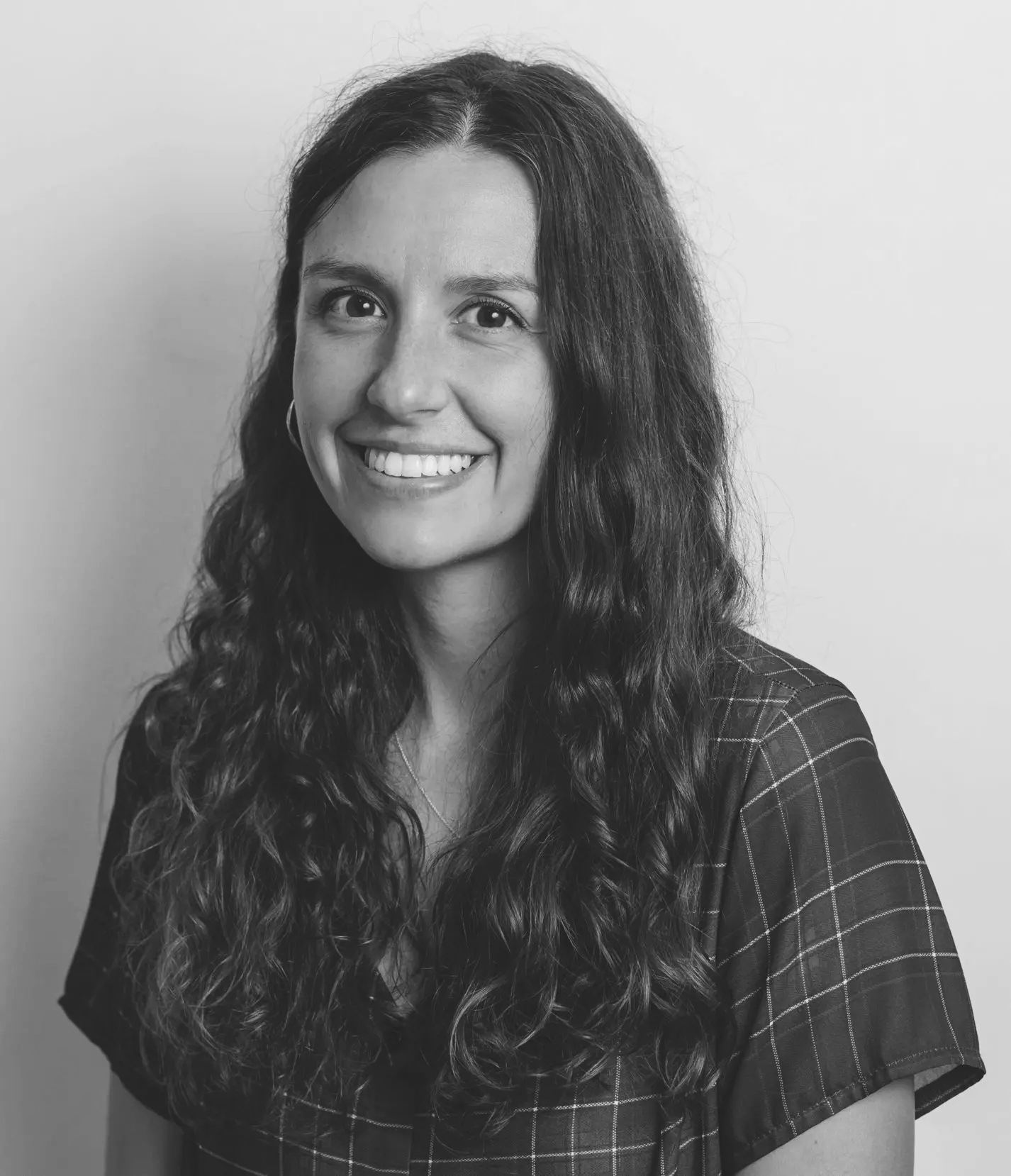
Quantifying Quality in Fluorescence Microscopy
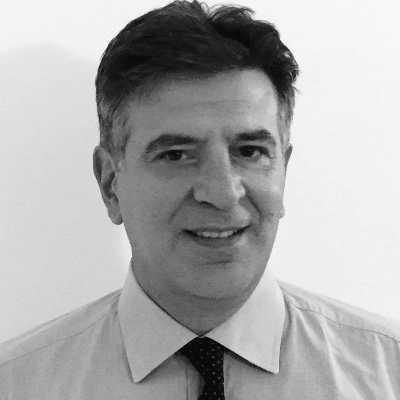
Revolutionizing Cellular Imaging: Harnessing Label-Free Flow Cyto-Tomography for Advanced Suspended Cell Analysis
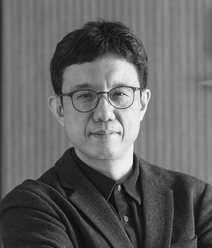
Diffusion Models for Computational Imaging Problems
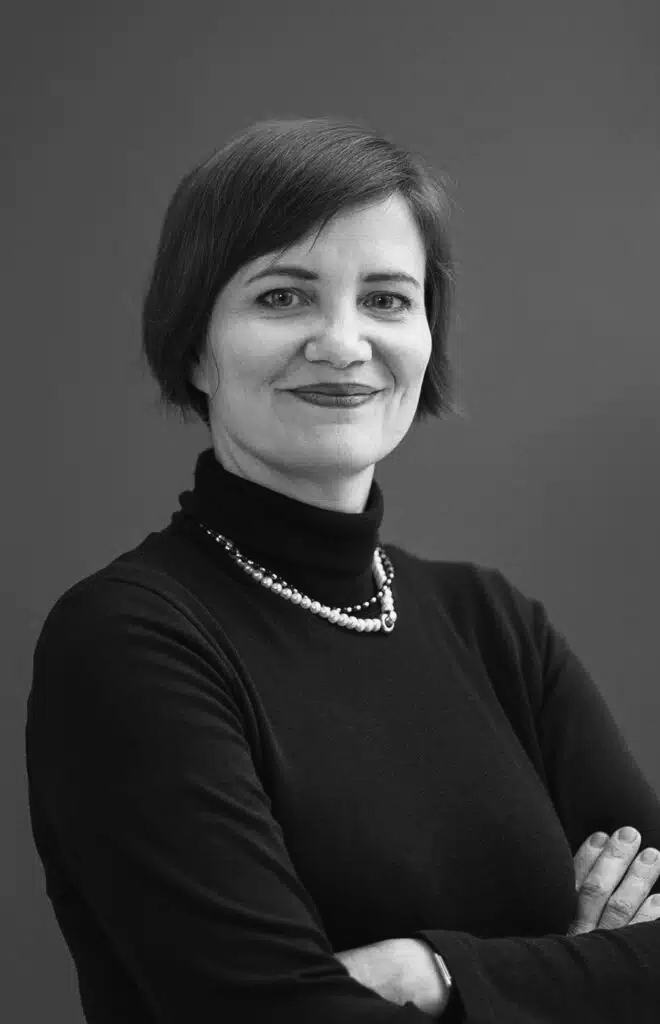
Exploring and Explaining: Leveraging data visualization for research, communication and public health

Content Aware Image Restoration for Light and Electron Microscopy

On Instabilities, Paradoxes and Barriers in Deep Learning

Super-Resolution in Diffraction Microscopy

Reflection Matrix Approaches for Imaging

On Micro and Nano Imaging ghcmcm

Ultrastructural Expansion Microscopy

Video Understanding and Robotics Manipulation (AMLD 2020)

Imaging: From Compressed Sensing to Deep Learning

Structural Analysis with Cryo-Transmission Electron Microscopy

Functional Ultrasound Imaging gcmbvc

Shedding Light on Tumour Evolution

Machine Learning for Bioimage Informatics (AMLD 2020)

Imaging the Unseen: Taking the First Picture of a Black Hole

Reconstruction of Cryo-EM Images of Proteins at Atomic Resolution

Imaging: Intelligence on the Nanoscale

End-to-end Learning for Computational Microscopy

Imaging the Planet for a Sustainable Future

3D Imaging of Cells by FIBSEM with Correlation to cryoFLM

Beyond the First Portrait of a Black Hole

Mapping 3D Nanostructures with X-Ray Ptychography

Modeling Deep Networks: Network Learning for Image Processing

Integrating Physical and Learned Models

Joint Optimization of Learning-Based Image Reconstruction and K-Space Trajectories for MRI

Imaging using X-ray scattering Contrast to Bridge the Nano and Macroscale

From differential equations to deep learning for inverse imaging problems

Generative AI, Stable Diffusion, and the Revolution in Visual Synthesis

Scanning Ion Conductance Microscopy

Posterior-Variance-Based Error Quantification for Inverse Problems in Imaging

Future of Bioimaging: Next Generation Instruments & Artificial Intelligence

Normalizing Flows and the Power of Patches in Inverse Problems

Simultaneous 3D imaging in Biology with Multifocus Microscopy

Deep Learning-enabled Computational Microscopy and Diffractive Imaging

Visualizing mechanical properties in biology using Brillouin microscopy

Correlative cryoSEM-CryoNanoSIMS mapping of vitrified biological tissue
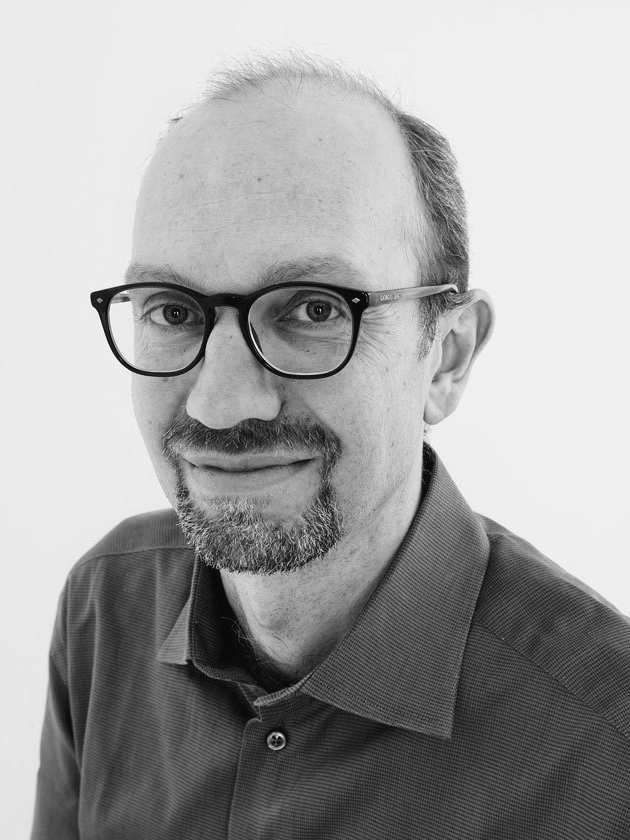
Model-Based Machine Learning for Inverse Problems in Imaging
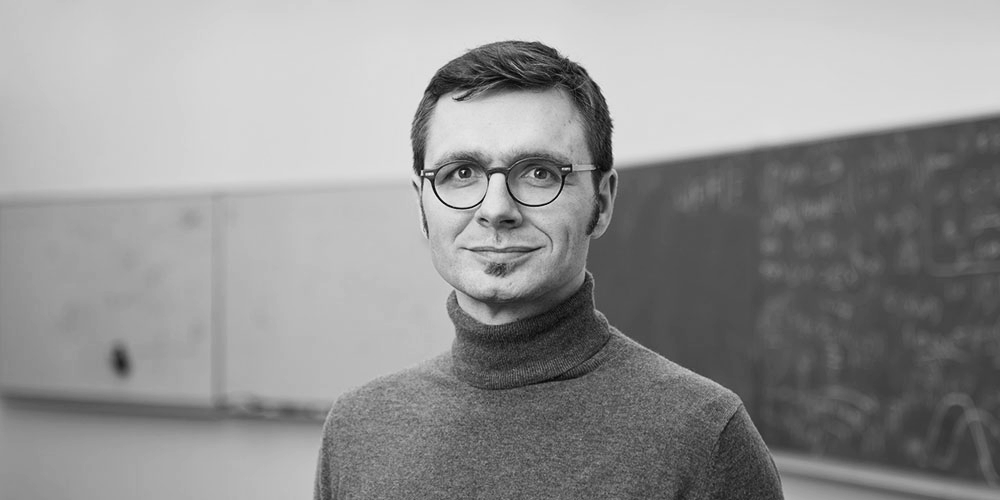
Generalized locality for lightweight, robust AI-driven imaging
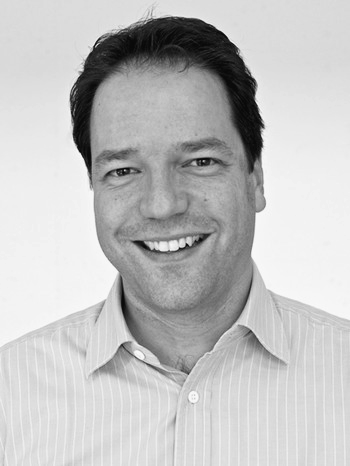
Unique X-ray microscopy capabilities at SLS2.0: dynamic tomographic imaging and beyond
A question on the Center?
Get in touch!
Contact us if you have any questions or require support in the field of imaging.

